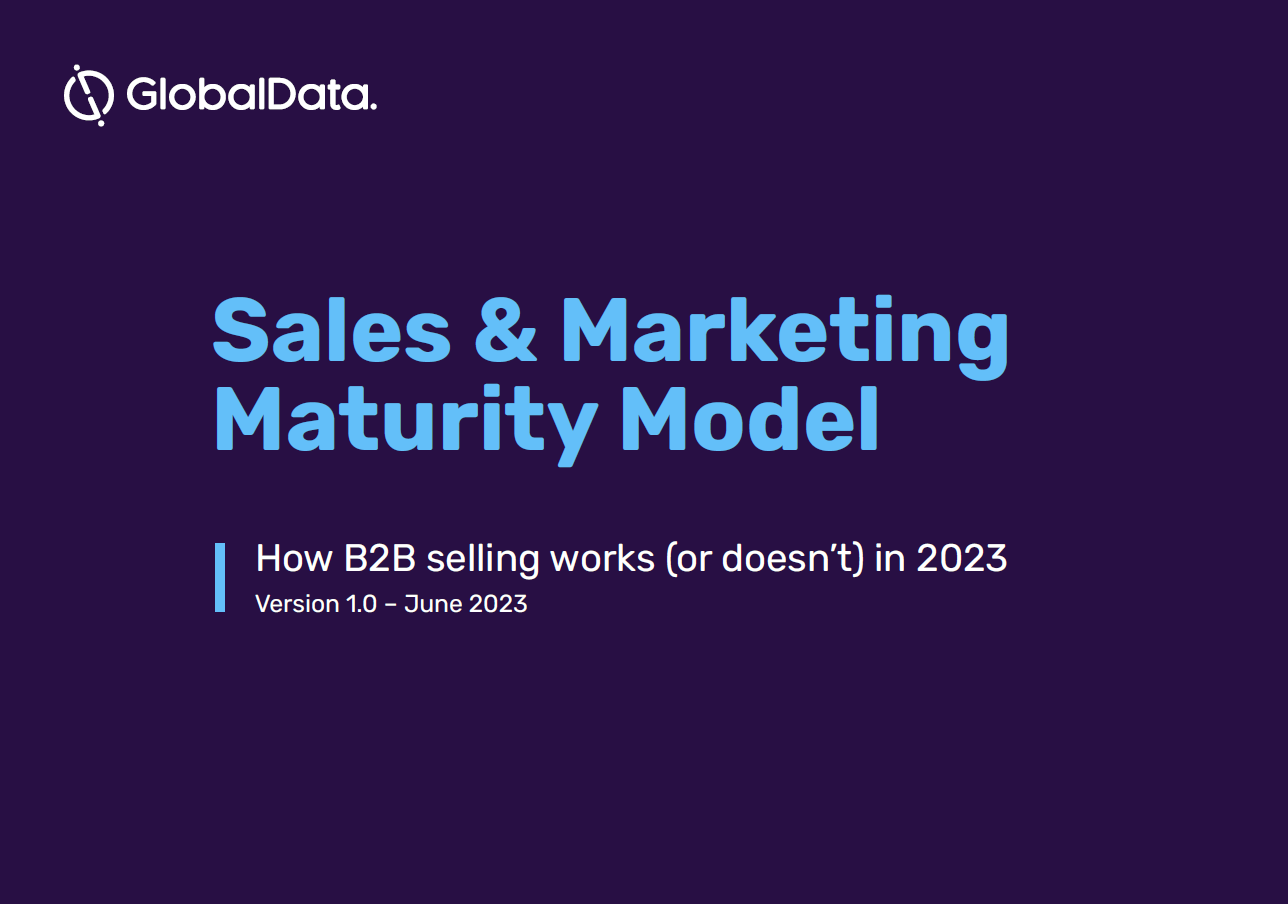
Are you tired of continually pushing the proverbial rock up the hill and becoming frustrated that your sellers are not ‘getting it’ or improving? Are you feeling exhausted from creating new content that is rarely, if ever, used in the field, or tired of coming up with initiatives to enable your sellers only to find they don’t move the needle on sales effectiveness?
Hope is not a strategy, and simply saying something will not make it so. Slogan-bearing mouse mats and mugs will not mobilise your sellers, and neither will continuously criticising and nagging them.
Sales enablement matters and it should be an integral part of your business. Your sales team needs to be provided with the correct resources they need to close more deals. This can include the best content, tools, knowledge and information they need to sell your product or service effectively to prospects and customers.
Making sellers more effective should be a top priority. This is where effective training and coaching come in.
Soft skills are important in sales, such as: communicating the right message in the right way at the right time; persuasion; listening; decisiveness; empathy; curiosity; time management; adaptability and resilience. Sellers can use soft skills to create a relationship with customers and take a gradual approach to selling, which can be more effective than cold, hard-sell tactics.
Content alone is not enough
High-quality content that piques people’s interest while delivering immediate personal value for the seller and potential customer is essential. If there is too much academic nonsense or generic motherhood and apple pie noise, people will tune out. If your marketing is too ‘me, me, me’, you will come across as arrogant, ignorant and out of touch, and not offering anything of value.
A real-time feed of market-focused, well-researched and valuable information can prevent sellers from being wrong-footed or sounding unintelligent.
Business-to-business (B2B) sellers need to be comfortable discussing the pertinent issues of the day, and their products and services. Providing prospects with contextual facts and interesting data that can help them adds value and differentiates your sellers from the crowd.
Sales executives need a basic grounding in the fundamentals of the industries they serve. While they may never be experts in their subject matter (nor do they need to be), they do need to know the basics and have sufficient vocabulary to make themselves understood.
Demonstrating an understanding of the challenges facing your prospects can help sellers to establish trust and be seen as more than just another peddler of empty promises.
Regular and meaningful engagement
Sellers who proactively engage with prospects are more successful than those who do not. Continuous customer engagement helps sellers to do the following ten things:
- Move the conversation, relationship and hopefully the deal forward
It’s good to talk. An open dialogue allows sellers to build rapport with prospects while establishing themselves as people who can and do add value.
- Demonstrate they are keen, interested and invested
Showing you care is important. A little bit of empathy can go a long way. Taking the time – and being seen to be taking the time – to think about the customer helps and this creates genuine reciprocity.
- Increase familiarity to secure the top-of-mind position
Regular contact secures your seat at the table, ensuring you are aware of the opportunities and threats associated with your target’s ever-changing business landscape.
- Establish credibility and instil confidence by showing they know their stuff
‘Trusted adviser’ status is not bestowed lightly. If sellers consistently deliver relevant insights, they will be viewed as valued contributors to the conversation.
- Extract information and conduct discovery continuously
Understand what matters to the people who matter. Realising how what you know changes throughout the sales cycle helps you to remain relevant.
- Seek out objections, look for problems and identify showstoppers
Forewarned is forearmed. Reliable deal intelligence enables you to manage the sales process more effectively, enlisting advocates as required, and avoid potential deal destroyers.
- Assemble the buying group and expand their sphere of influence
Get the key players in the game as soon as possible in order to prevent someone ‘important’ having their ego bruised by not being included and throwing their toys out of the pram, which can kill a potential deal.
- Educate and inform the unaware, uninterested and ignorant
By shaping the narrative, you can downplay any weaknesses and prioritise your areas of strength. Educated, informed buyers are better able to appreciate your value.
- Assess a potential opportunity
Critically evaluating a prospect’s potential on an ongoing basis prevents scarce sales resources being wasted on working deals that are already dead in the water. ‘Zombie deals’ suck the life out of your pipeline.
- Build and maintain deal momentum
If a deal stops moving it is highly likely to fail. Even two weeks of inactivity can be too long. If something is not mentioned in a long time, everyone will assume it is not going to happen.
Want to read more about enabling your sellers to engage your customers and prospects more purposefully?
Take a look at GlobalData’s new Sales and Marketing Maturity Model to see which B2B sales approaches are working for financial services – and those that aren’t – in 2023. You will also be able to determine how you are doing in terms of sales enablement success and prioritise those areas where you need to focus or improve.



